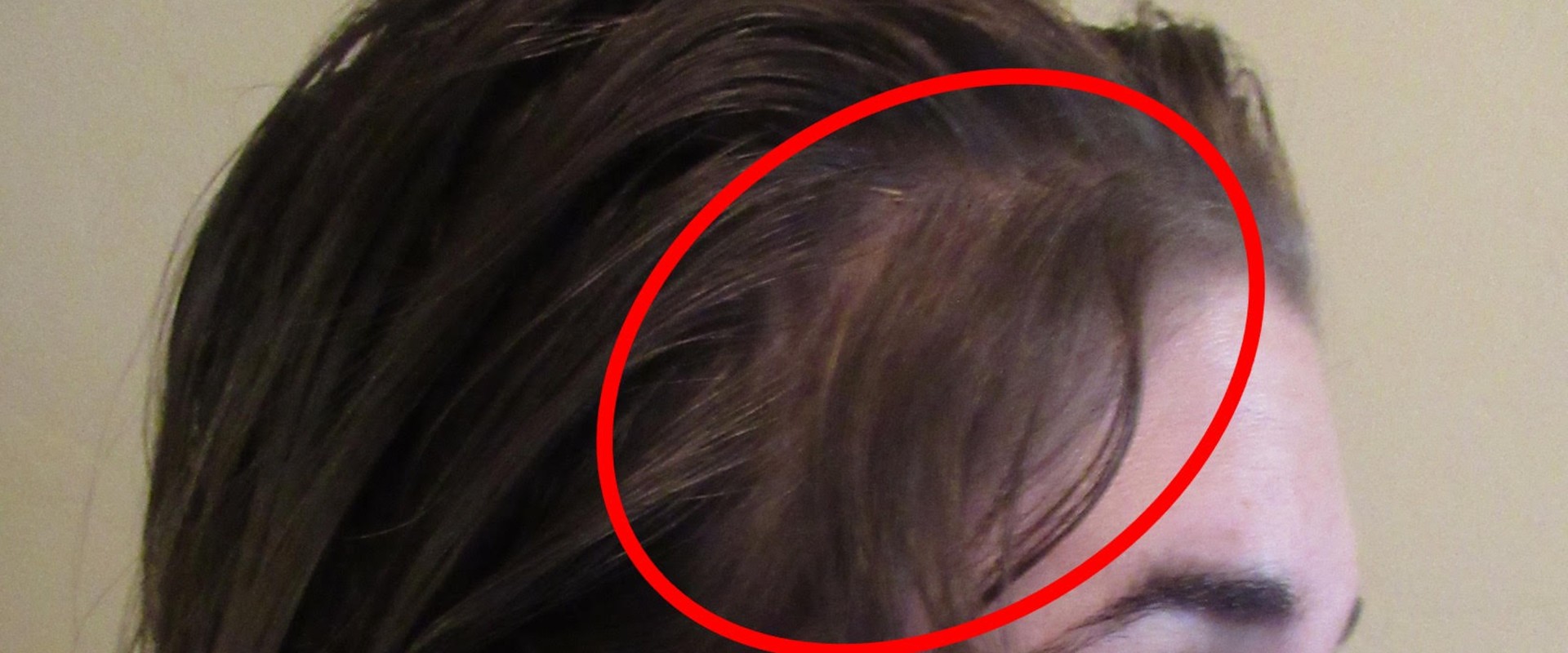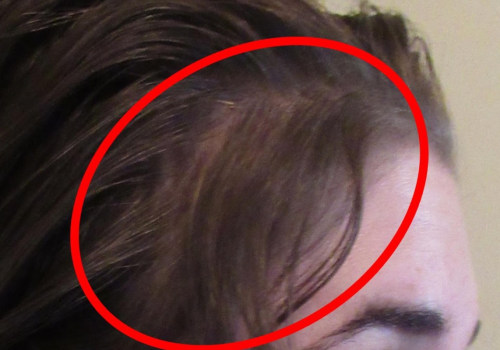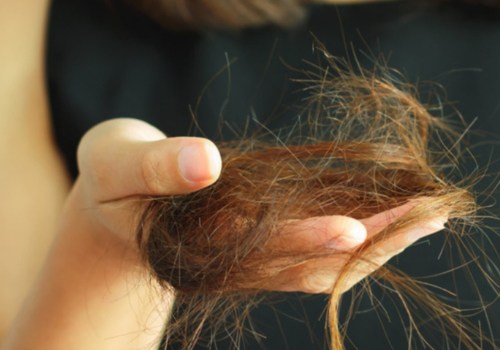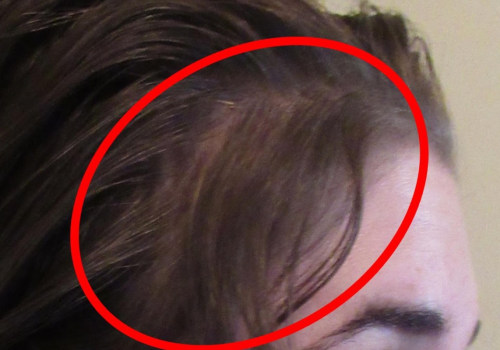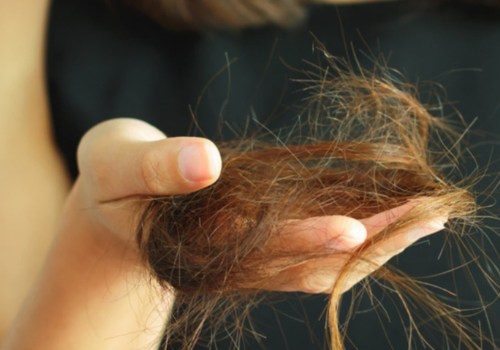After Bariatric Surgery Hair loss associated with weight loss surgery is called telogen effluvium and has to do with the normal cycle of hair growth. It usually starts abruptly and very rarely lasts longer than 6 months. Research has shown that physiological stress resulting from major surgery and rapid weight loss can cause the body to shift nutrients to vital organs, such as the heart and brain, and away from cosmetic functions such as hair growth. Although hair is important to us, it is not important to the body.
As a result, the hair growth phase could temporarily stop and start the latent state, causing some hair loss. It occurs most often between 3 and 5 months. As the body adapts to the changes, hair loss will decrease and then stop. Hair should grow back normally, as long as there are no nutrient deficiencies and you consume the right protein.
Hair should grow back after bariatric surgery. It may take 6 months for all your dormant hair to fall out, but over time your body will start to grow more hair. There is no way for hair that has become dormant to be reactivated. Many bariatric patients experience hair loss in the first six months after surgery.
While it can make many patients feel self-conscious and can negatively affect their self-esteem, hair loss after bariatric surgery is common and does not last longer than six months. In general, you will only have to deal with hair loss for six months or less. Because telogen effluvium does not damage the hair follicles, the hair will eventually start to grow again. Due to the stress of surgery, more hair follicles enter the resting phase.
1 to 6 months after surgery, your hair will most likely fall out. In some cases, the old hair follicle is released before new hair begins to grow. Bariatric surgery can trigger a type of acute and diffuse hair loss called telogen effluvium. This condition occurs when hair on the scalp changes prematurely from the growth phase to the resting phase of the hair growth cycle.
Noticeable hair loss usually begins 2-3 months after surgery. You should also see a doctor if your hair loss begins after 6 months, if you suspect that you have nutritional deficiencies, or if any routine blood tests show that you have low levels of vitamins or minerals that can cause hair loss. With the help of your bariatric surgeon or dietitian, you can manage your symptoms until you have a full head of hair again. If you have experienced hair loss after bariatric surgery, there are steps you can take to help your hair return to normal.
This is a normal side effect of the procedure and can occur due to the body's response to surgery, weight loss and a disturbed diet. There are many ways to thicken your hair if you experience male pattern baldness or thinning hair. This is because those who undergo gastric bypass or sleeve surgery experience faster weight loss and a higher prevalence of nutrient deficiency after surgery. This is incredibly unhealthy and dangerous, as it can lead to malnutrition and an increased level of hair loss.
Following the bariatric diet and nutrition program, which requires limited calories and a diverse daily protein intake, is helpful in preventing hair loss in the long term. Most of the time, this hair loss will decrease after several months and your body will start to grow more hair. Weight-loss surgery can reduce the intake or absorption of nutrients that support healthy hair growth, such as iron, zinc, protein, and fatty acids, to name a few. Hair follicles are not damaged during telogen effluvium, so hair will grow back stronger and better than before.
We anticipate that the use of this acronym may help physicians describe patients with hair loss attributed to this etiology after weight loss surgery associated with obesity. The good news is that the condition does not damage the follicles, so they can usually grow back hair. So why is this happening and what can you do to help prevent it? One thing to keep in mind is that those who undergo gastric sleeve or gastric bypass procedures are more likely to experience hair loss than those who undergo the lap band procedure. Regular follow-up visits with your bariatric surgeon are important to ensure that your vitamin and mineral intake and blood levels are normal.
. .
